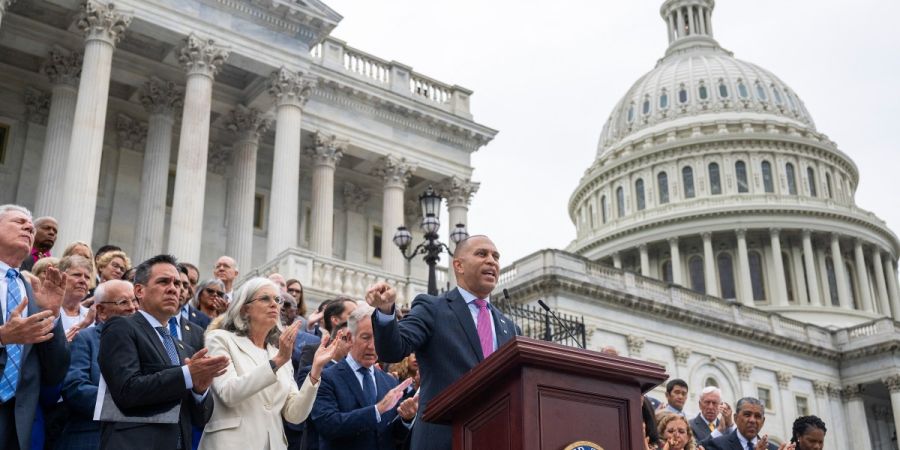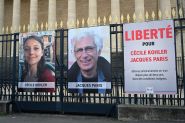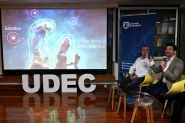Trump Tax Bill Stalled by Republican Rebellion in Congress
- 03/07/2025
- 5 comments
- 36
- 125


Bassam Abou Zeid 02/07 15:00

Katia Kahil 02/07 13:10

This is Beirut 02/07 12:35

This is Beirut 02/07 11:55

This is Beirut 02/07 10:50

This is Beirut 05:35

This is Beirut 05:05

This is Beirut 02/07 23:15

This is Beirut 02/07 22:35

This is Beirut 02/07 22:09
Lyne Sammouri 02/07 18:30
This is Beirut 02/07 14:25
Lyne Sammouri 02/07 10:30
Rayan Chami 01/07 17:20

This is Beirut 02/07 17:05

Liliane Mokbel 02/07 10:00

This is Beirut 01/07 18:15

This is Beirut 01/07 11:00

This is Beirut 30/06 16:20

David Sahyoun 02/07 18:00

This is Beirut 02/07 14:00

This is Beirut 02/07 10:30

Bélinda Ibrahim 01/07 19:00

This is Beirut 01/07 16:43

This is Beirut 02/07 19:00

This is Beirut 02/07 18:00

This is Beirut 02/07 13:35

This is Beirut 02/07 10:25

Makram Haddad 02/07 08:45

Bélinda Ibrahim 02/07 18:00

This is Beirut 02/07 10:20

This is Beirut 02/07 10:10

Makram Haddad 02/07 09:00

This is Beirut 29/06 09:55

par Ici Beyrouth, 05:35

par Ici Beyrouth, 05:05

par Ici Beyrouth, 02/07 23:30

par Ici Beyrouth, 02/07 22:38

par Ici Beyrouth, 02/07 22:06